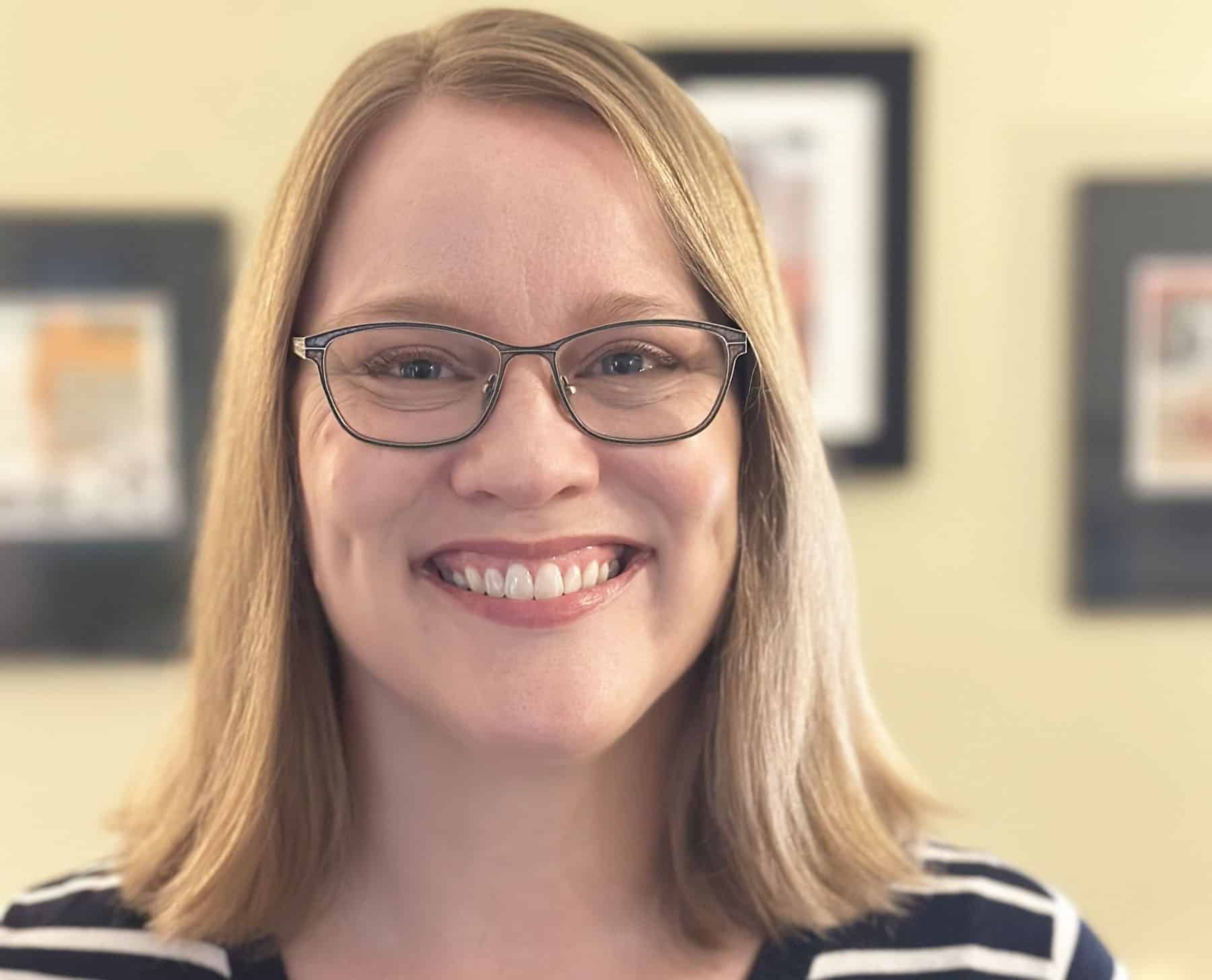The Budget & Policy Center welcomed economic justice advocate Misha Werschkul as its new leader in September. Misha, a long-time collaborator with our organization, has made a career out of building coalitions in support of progressive statewide campaigns in Washington. We talked with her about what she brings to the Center, what’s in store under her leadership, and much more.

What makes you most excited about working here?
The team! I have been fortunate to partner with the talented Budget & Policy Center staff on a range of campaigns for nearly a decade. I am so impressed by their strategic insight and their passion for the work they do. They produce meaningful, credible research and they are responsible for making major contributions to advance innovative policies. I’m truly honored to now be part of this team that has such an impact on Washington’s families and communities.
What role do you think the Budget & Policy Center plays in shaping the policy debates in this state?
The Budget & Policy Center is the organization in Washington that is pushing for policymakers and influencers to keep the focus on the long term. Throughout my time in Washington state’s policy arena, I have become ever more aware of the need for long-term reforms in our state – especially around the revenue policies that shape our state economy. The Center’s ability to focus on a big picture while building alliances is so unique. And it’s a much-needed voice in the public policy debates.
How do you hope to build on this long-term focus and vision?
My primary goal with the Budget & Policy Center is to build on our already considerable strengths. To help make our voice even stronger and increase our impact. Our team’s research and policy expertise – in areas including helping hardworking families get ahead, promoting public engagement in budget and policy matters, and making sure the state raises the revenue it needs equitably – combined with their strategic communications, advocacy, and outreach efforts are helping set our state on a path toward shared prosperity.
What are your most pressing priorities?
I will be devoting much of my time in my first six months toward deepening relationships with and getting to know the many people who help make this organization so strong – its staff, board, supporters, community partners, policymakers, and the like. I will be asking lots of questions to better understand the needs and priorities of this organization’s many partners and allies.
I am also excited about our fourth annual Budget Matters event on December 9. This half-day summit will feature keynote speaker Patrisse Cullors from #BlackLivesMatter and spotlight the need to make sure there’s a racial justice focus in policymaking. It’s so clear we are long overdue in changing the policies that have played a role in allowing racial inequities to persist in everything from income to incarceration rates. Advancing racial equity has been a strategic priority for the Center for some time. This summit is a reflection of our commitment to providing a forum for a wide range of communities to contribute to the ongoing dialogue about disparities in our public policies – and to discuss the steps we must take to start making things right.
And of course, I intend to support the priorities that the Center’s staff are currently working on. Right now that includes playing a key role in challenging Tim Eyman’s Initiative 1366, continuing to lead in efforts to lift Washingtonians out of poverty, and making plans to use the 2016 legislative session to show how important it is for government to invest in schools, safe communities, and other building blocks of economic growth.
What made you interested in pursuing public policy as a career?
I grew up in a politically aware family and was raised from an early age to see the connection between public policy decisions and quality of life for my family. That I was able to breathe clean air, attend public school, and hike and boat on the beautiful Rogue River in Oregon was all a result of public policy decisions. My parents taught me that grassroots advocacy and good political leaders played a key role in helping provide pathways to opportunities for my generation and future generations. So when it came time for me to choose a college major, it was a no-brainer to study political science and economics. I have been fortunate to devote my career to advancing economic policies that make people’s lives better and our communities stronger.
What do you like to do in your free time?
I love living in the Puget Sound, where my husband, Josh, and I can easily get out to the mountains for hiking or camping in the summer and skiing in the winter. When the sun is shining closer to home, you might find me walking around the Columbia City neighborhood, running around Seward Park, paddleboarding on Lake Washington, and growing vegetables in my neighborhood p-patch. These days, we are also spending a lot of our free time preparing the house for our first child, who we’re excited to welcome in early February.
What is something people would be surprised to know about you?
I grew up in a town with fewer than 100 residents in southwest Oregon called Agness and attended school in a one-room schoolhouse. My life looks a lot different these days, but I do try to keep to my rural roots by raising chickens and doing that gardening as much as possible!
Any final thoughts?
I hope to see and meet lots of new Budget & Policy Center friends on December 9 at our Budget Matters Summit!
Contact Misha at mishaw(at)budgetandpolicy.dot.org, 206.262.0973, ext. 222.
